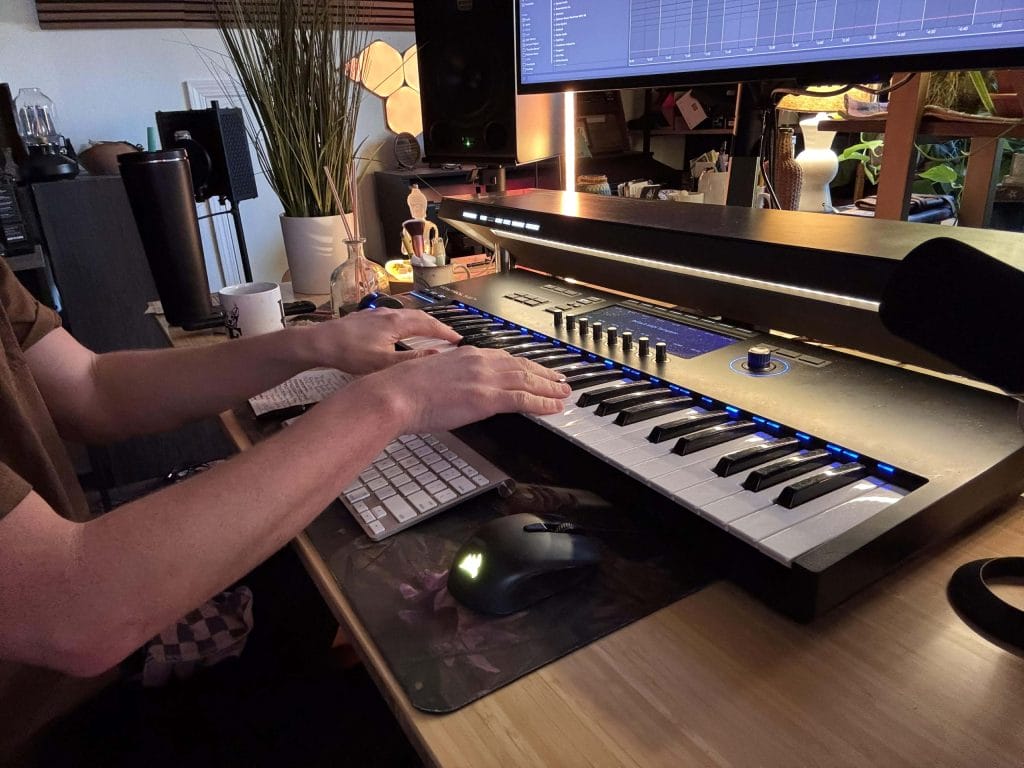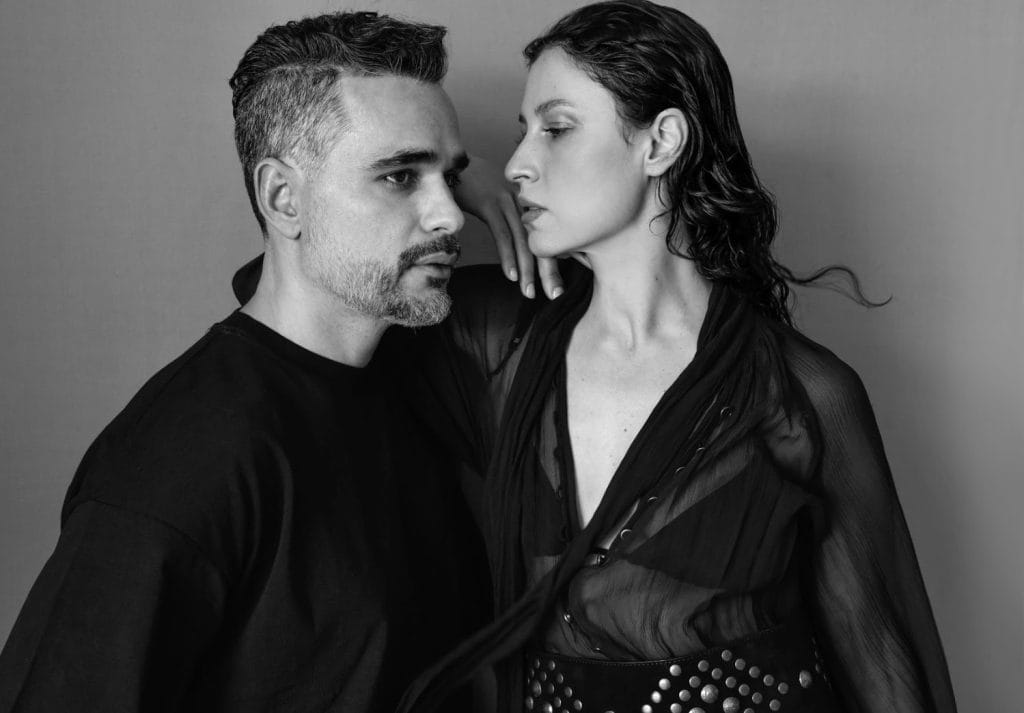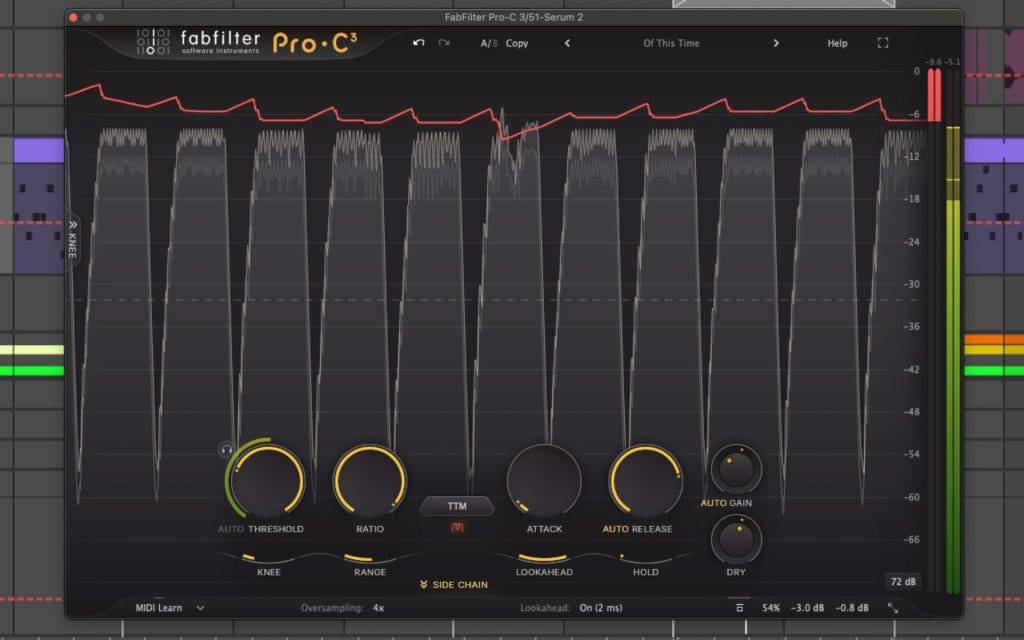There’s something rare about a collaboration that’s both deeply personal from both perspectives at once, but ‘State Of Mind’ lands right in that pocket. Out now on Colorize, the new single from Kaskade and Lipless brings years of trust, growth, and shared vision into one progressive house anthem — cinematic, euphoric, and anchored by a vocal performance from Poppy Baskcomb that feels equal parts fragile and triumphant.
This isn’t the first time these two have teamed up — their Grammy-nominated remix of Ry X’s ‘Only’ still holds weight nearly a decade later. But ‘State Of Mind’ hits different. You can feel the years in it. It’s not just polish; it’s maturity. The kind that only comes from real creative alignment. Lipless, now a well-established name in his own right, brings the vulnerability of someone who’s made it through a rough chapter. Kaskade, as always, knows how to give that emotion lift — structure, space, momentum.
In this interview, Lipless shares what it really takes to stay in the pocket with an idea — not forcing it, but listening to it. He opens up about the dangers of overworking a track, learning to trust his instincts again, and why sometimes the best litmus test is playing a demo for someone you love… and saying nothing at all.
How do you know when something you’ve stumbled into is worth keeping?
Well for me, if an idea or song has made it to the 70-80% completion mark, then it means that I liked the initial idea enough that it inspired me to keep working on it.
Then usually when I get to about the 80% completion mark I like to take a break from the idea and see if I feel the same about it when I listen again a few days later. And if after listening again I feel inspired to finish it up, then I know it’s potentially a keeper.
After I am happy and have a final version, I like to ad it to a Soundcloud playlist and then just listen randomly in normal every day settings as I would with other music. Thats where the true test is.
If I quickly get sick of listening to it, then it’s quite possible that other people might too. I find that thats also a good way to decide on keeping or cutting certain sounds or parts of a song too.
What’s your process for identifying ideas that have real potential before trying to shape them?
I pay close attention to how I feel.
If I become obsessive and feel really inspired to work on it, then I’m usually pretty confident that it has true potential.
Sometimes I’ll stumble across a sound or chord progression that just makes me feel something, makes me feel inspired and excited, and I will do nothing else but hyper-focus on building out the idea for the next 8 – 10 hours.
If I get in the zone quickly and start losing track of time early in the process then usually it means the idea has potential.
Another thing I like to do is subtly play an idea in the car with my wife who has great taste in music. I won’t say anything or give her any context, but just play it and see if she reacts.
If I get a “what’s this?” or “this is cool!”, then It probably has some potential. If she turns it down or starts talking over the top of it then it probably sucks haha.
Have you ever overworked an idea and lost what made it good? What did that teach you?
Yes this actually happens all the time.
More so when I was younger but it still happens a lot. I am just better now at being aware of it.
I consider myself a musical person, I love thinking of chords and melodies and always find myself listening to
my ideas and trying to think of what else I can ad.
When I was much younger, I would get over excited and would want to ad every idea I had into the song. I didn’t really understand it back then but I would end up overcrowding the project with too many sounds and ideas, and it would just become overwhelming to listen to.
The saying “less is more” is actually quite relevant and helpful. Now I am always trying to think of ways to simplify my work and make it easier for the listener to grab on to parts of the song that are the strongest.
I’ve come to learn to not overthink things, but to pick a few good sounds and build around those.
Then anything else you ad further should be to compliment the main elements and not to distract from them.
Do you have a way of staying objective in the early stages of a track?
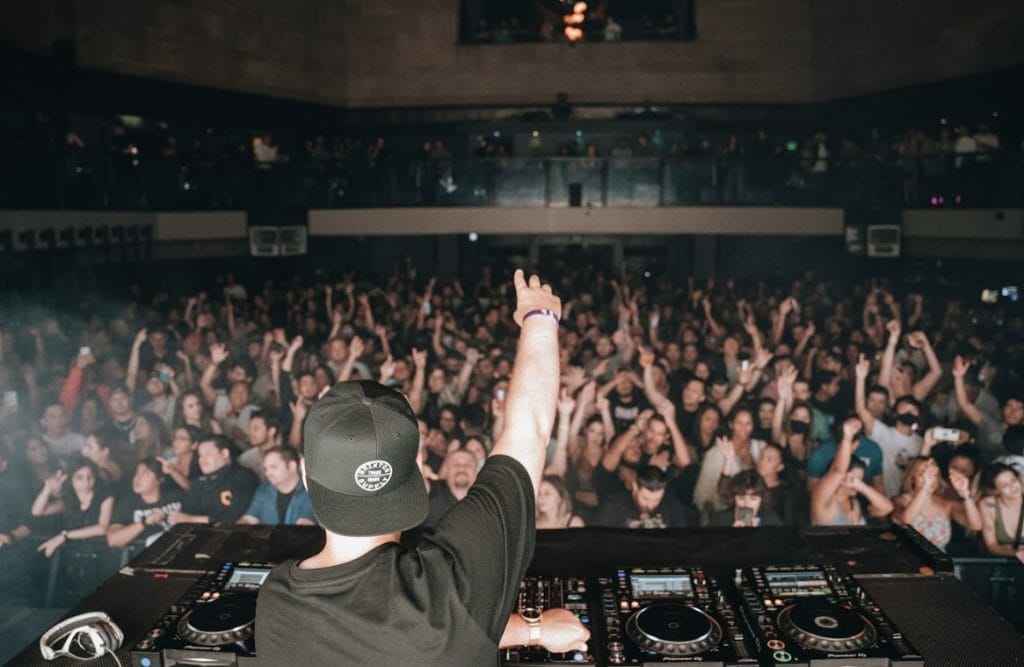
I’m not really sure I have a set standard way for this, as I tend to be all over the place with ideas.
But one thing that definitely helps is using reference tracks. It can be a song that inspires me or even a previously released song of mine. I find this helps me to at least have a goal in mind. And it helps a lot with structuring things correctly.
Another thing that I think is important in the early stages is to not force anything or give yourself a time constraint. Take a break here and there.
If I am having a hard time focusing or being creative, I’ll go play a quick round of golf or go for a walk or anything else that is a mood boost for me. You can’t force creativity and you have to be in the right mind set stay objective and productive.
What’s the difference between developing an idea and forcing one for you?
When I develop an idea, I’m usually just messing around in my studio for fun. I’m in there because I want to be in there.
Whether I am messing around with some analog sound design, writing some vocal ideas, or building some nice chord progressions, I am doing it because I am enjoying it.
I have zero expectations of getting anything out of it, I’m purely doing it because I’m finding joy in it. Thats usually where my best ideas happen. Sometimes the ideas will develop in small doses over weeks, and sometimes it all comes together within a few hours but either way I enjoyed the entire process.
But when I feel like I have to achieve a certain result for myself or when producing for other people who want a certain sound, it can feel forced and I lose connection to it.
It doesn’t mean that I don’t end up with a good solid result, but I do find myself losing any emotional
connection to it and I don’t find the process enjoyable at all. And you can usually tell if something was made from the heart or if it was manufactured in a forced manor.
How do you decide when to leave an idea alone and revisit it later?
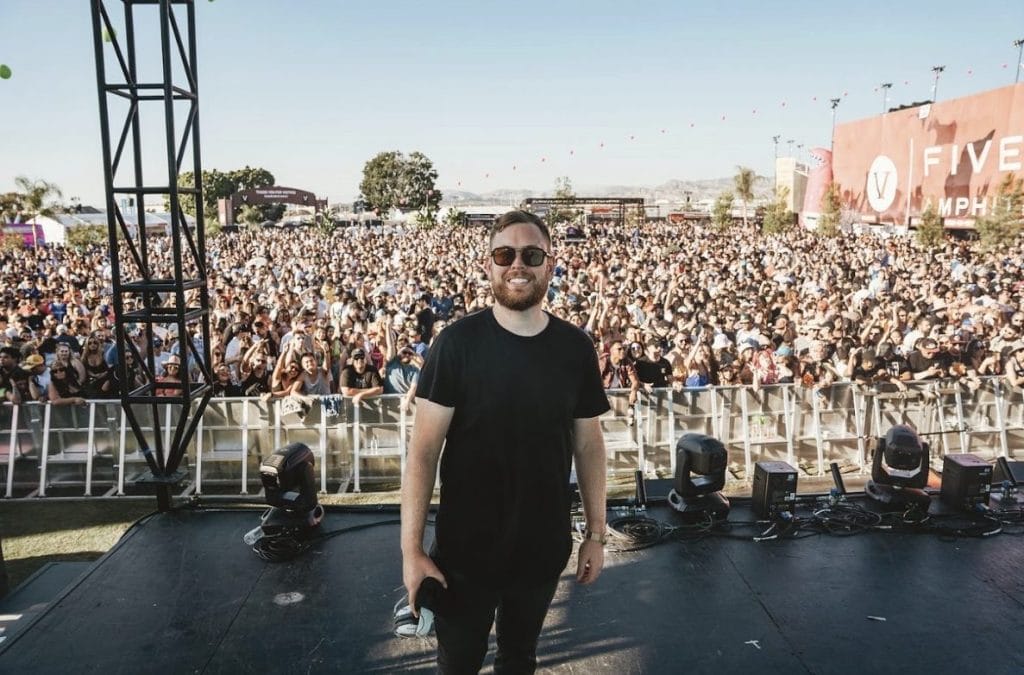
I usually stop when I hit a creative wall.
When everything is coming together quickly and I’m hyper-focusing then I’ll keep at it. But once I start to question things or I’m starting to get sick of listing to the same 8 bar loop, then I know it might be time to take a break and revisit later.
And as I mentioned in my response to the first question, this is a great way to filter out the good ideas from the bad.
If I am excited again to work on the idea after taking a hiatus, then its probably a good sign. I find that if I don’t take that break and I start trying to force my way through a song, I end up just wasting time and overworking an idea. Then I’ll find myself going back to earlier versions of the song anyway.
So by trying to be efficient by powering through the production without being in that creative, inspired zone, you might actually be achieving the opposite and going backwards, and wasting more time.
I know that in todays modern music industry, we quite often don’t have much choice but to pump out the work to keep up with the short attention spans of listeners, but I really think you can tell what music has been developed creatively and what music has been forcedly made to fit the modern agenda.
For more information on Lipless please visit:
Soundcloud I Spotify I Instagram
For more information on Kaskade please visit:
Soundcloud I Spotify I Instagram
For more information on Colorize please visit:
The post Lipless on Obsession, Simplicity, and the Making of ‘State Of Mind’ appeared first on Magnetic Magazine.



